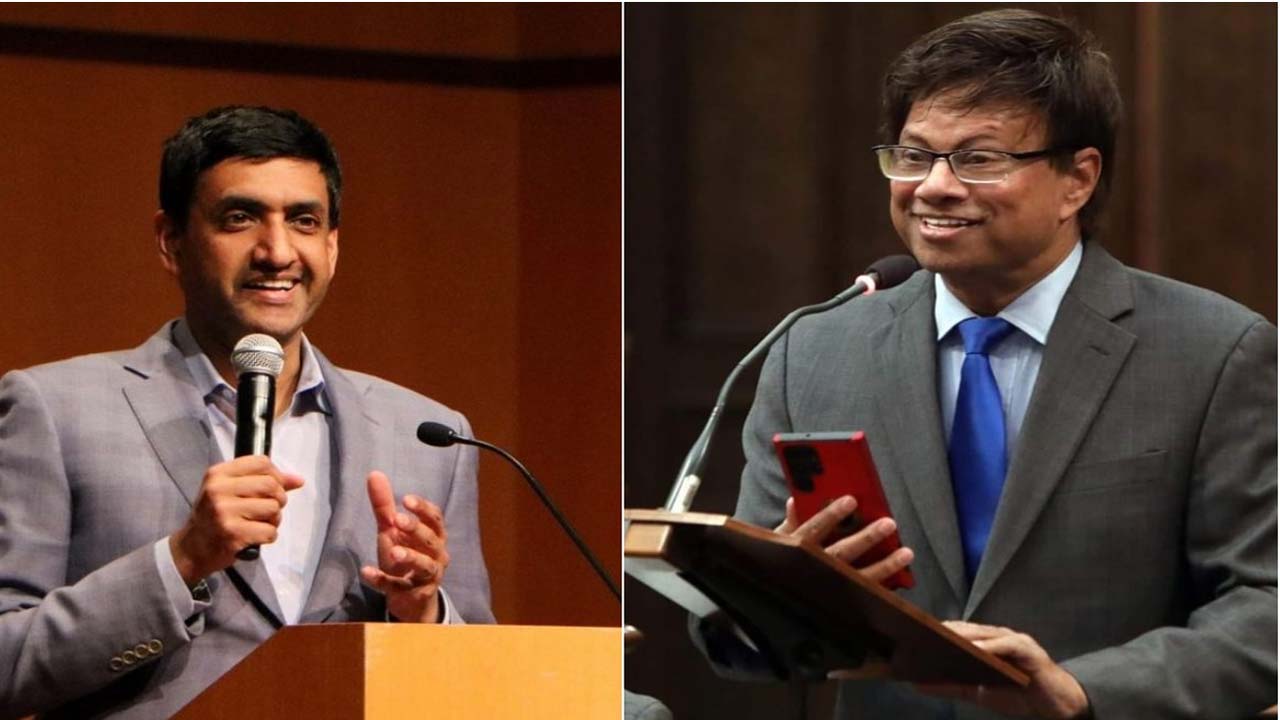
President Joe Biden's decision to pardon his son, Hunter Biden, on December 1 has sparked significant political and public debate. This move marks a shift from Biden’s earlier stance of opposing the use of executive powers for personal matters.
Indian American lawmakers, Rep. Ro Khanna and Rep. Shri Thanedar, have expressed strong disapproval of the pardon. Rep. Khanna, in a post on X (formerly Twitter), acknowledged the personal difficulties Biden may have faced but stressed the need for reform. He emphasized that Democrats should have advocated for changes to the pardon system from the beginning of Biden’s presidency, arguing that the party should focus on reforming outdated powers, opposing super PACs, and limiting war powers.
Rep. Thanedar took a more critical approach, stating that while he understood Biden's struggles as a father, he would never let personal matters outweigh his duty to the country. He denounced the pardon as wrong and warned that it could strengthen former President Donald Trump and his supporters.
The pardon grants Hunter Biden "full and unconditional" legal forgiveness for any offenses committed between January 1, 2014, and December 1, 2024, as outlined in a White House statement. This decision nullifies scheduled sentencing hearings for charges related to federal gun violations and tax evasion, which were set for December 12 and 16.
Hunter Biden had faced a possible 42-year sentence for two separate charges. In June, he was convicted for purchasing a firearm while using crack cocaine, and in September, he pleaded guilty to evading taxes on $1.4 million of income between 2016 and 2019. The pardon voids these charges, with legal experts noting that the sentences were likely to run concurrently. Biden's son has reportedly been sober for five years.
The pardon has drawn sharp criticism from former President Donald Trump, who labeled it an "abuse and miscarriage of justice" on Truth Social. Many critics believe this decision could deepen partisan divides, accusing Biden of misusing his presidential authority.
Presidential pardons, as outlined in the U.S. Constitution, grant legal forgiveness for federal offenses, effectively nullifying penalties. However, they have often been contentious, particularly in cases involving personal or political interests.





















